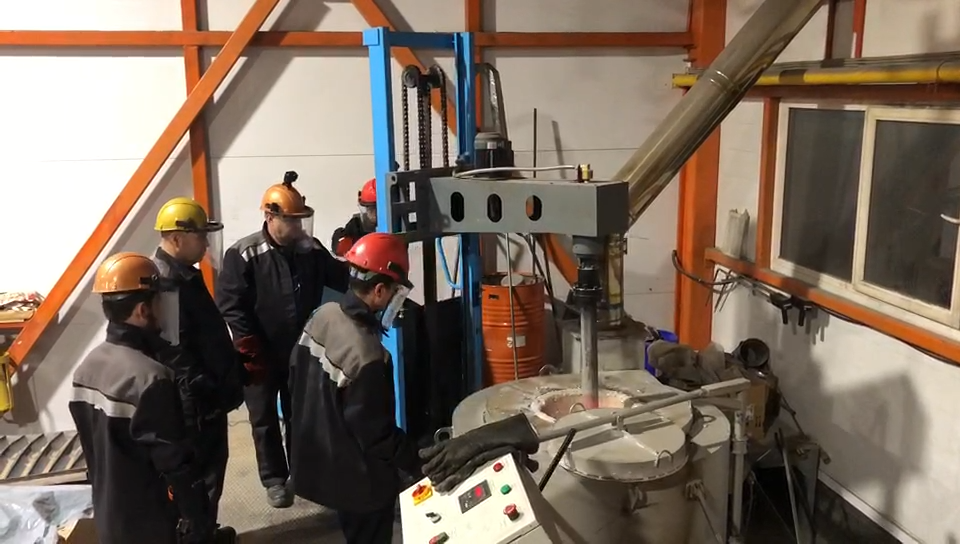

Jun . 26, 2024 14:25 Back to list
 PCBs contain hazardous substances like lead and mercury, necessitating careful handling PCBs contain hazardous substances like lead and mercury, necessitating careful handling
PCBs contain hazardous substances like lead and mercury, necessitating careful handling PCBs contain hazardous substances like lead and mercury, necessitating careful handling how to dispose of printed circuit boards. Local regulations should guide the disposal process, directing individuals and companies to designated e-waste collection sites. These sites are equipped to manage PCBs safely, preventing environmental contamination and protecting public health.
Investing in greener electronics and advocating for producer responsibility can further mitigate the PCB disposal issue. Manufacturers should be incentivized to design for recyclability and repair, reducing electronic waste at its source. Consumers play a pivotal role too; by choosing products with a focus on sustainability and supporting policies that enforce responsible disposal, they can drive industry changes towards a greener future.
Disposing of printed circuit boards is an obligation that we cannot overlook in our tech-driven society. By adopting environmentally friendly methods—recycling valuable materials, repurposing for creative endeavors, and ensuring safe disposal practices—we can significantly reduce the ecological footprint of our electronic waste. Together, let's embrace sustainable solutions that protect our planet for generations to come.
how to dispose of printed circuit boards. Local regulations should guide the disposal process, directing individuals and companies to designated e-waste collection sites. These sites are equipped to manage PCBs safely, preventing environmental contamination and protecting public health.
Investing in greener electronics and advocating for producer responsibility can further mitigate the PCB disposal issue. Manufacturers should be incentivized to design for recyclability and repair, reducing electronic waste at its source. Consumers play a pivotal role too; by choosing products with a focus on sustainability and supporting policies that enforce responsible disposal, they can drive industry changes towards a greener future.
Disposing of printed circuit boards is an obligation that we cannot overlook in our tech-driven society. By adopting environmentally friendly methods—recycling valuable materials, repurposing for creative endeavors, and ensuring safe disposal practices—we can significantly reduce the ecological footprint of our electronic waste. Together, let's embrace sustainable solutions that protect our planet for generations to come. Latest news
Troubleshooting Common Eddy Separator Problems
NewsJul.04,2025
The Role of Metal Recycling Plants in Circular Economy
NewsJul.04,2025
The Impact of Recycling Line Pickers on Waste Management Costs
NewsJul.04,2025
Safety Features Every Metal Shredder Should Have
NewsJul.04,2025
How Industrial Shredders Improve Waste Management Systems
NewsJul.04,2025
How Cable Granulators Contribute to Sustainable Recycling
NewsJul.04,2025